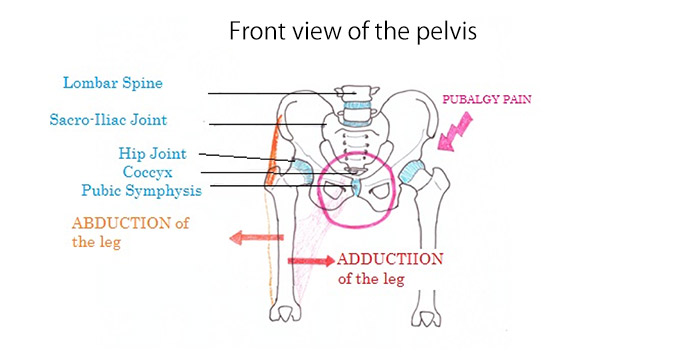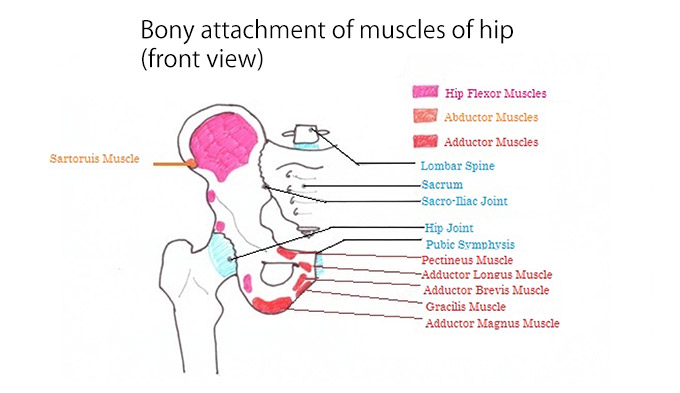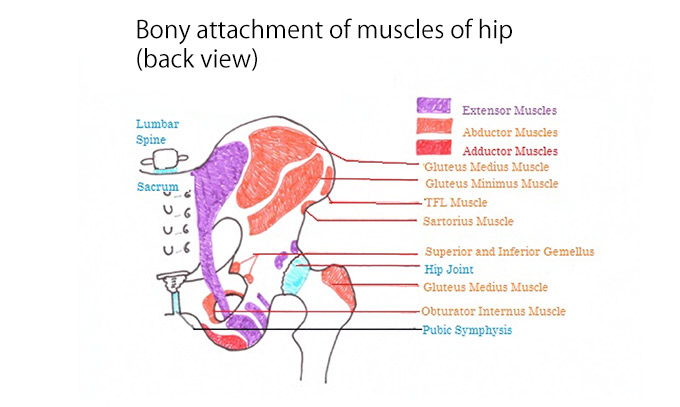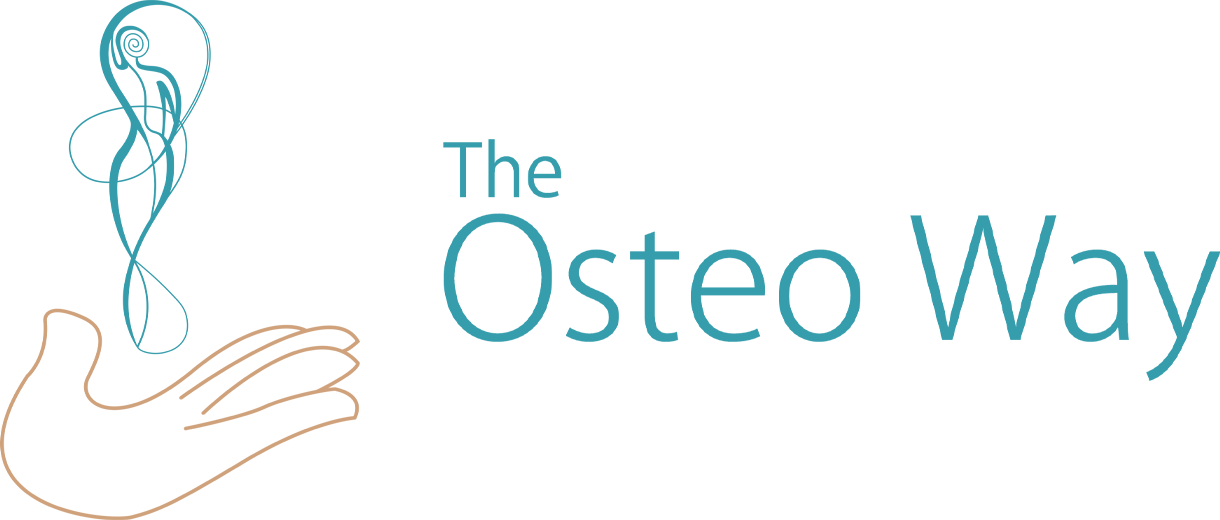What is Pubalgy?
Pubalgy (pubic pain) is a common and predominantly masculine symptom.
The name of this pain was not picked very wisely. This is because it refers to a pain in the pubic bone but also in the area around it. It can create pain in the perineum, toward the groin laterally, and upward toward the lower belly. Athletes and weekend warriors often suffer from it. It affects hockey players, soccer players, skiers, horseback riders, athletics involving jumps, dancers, tennis players, only to name a few.

Why me?
Weak lower abdominal muscles negatively influence the oblique muscles, and an impaired inguinal canal can put you at higher risk. Injuries are also linked to the type of sport you practice, the frequency of your practice schedule, and what your training involves. The quality of the ground and your footwear are also important factors to consider.
During your appointment with your Osteopathic Manual Therapist, we’ll go through a process of elimination to narrow down the probable cause: arthritis, nerve irradiation, inguinal hernia, digestive/genital/urinary problems, in order to be sure that we indeed have a case of Pubalgy.
Then, we can get even more specific with the problem as there are three common reasons for pubic pain:
- An adductor muscles problem:
The pain often occurs during sports practice, right underneath the pubic bone (where the insertion of the muscle is located), and the pain can irradiate slightly towards the inner thigh. - Osteoarthropathy (a disease of bones and joints, often caused by arthritis):
Due to chronic micro-traumatism of the pubic symphysis, an inbalance or an overexertion of the ABDuctor and ADDuctor muscles of the legs. The pain can be more central on the pubic bone, and will rarely irradiate upwards towards the abdomen.
- Abdominal wall/lining deficit:
When the connective tissues around the muscles of the lower belly become strained and weak, the risk of inguinal hernia is high.Patients often feel the pain slightly above the pubic bone, with some irradiation around the genital area for men, and coughing or sneezing causes the pain to increase. If this sounds like you, consider working your core while breathing out/exhaling and also engaging your pelvic floor with a ball in between your knees or an elastic band around them. Always think about keeping your tummy in, tight.


What can my Osteopath do to help me?
We will work on your pelvis, spine, and legs to make them function as evenly as possible, making sure your psoas (hip flexor), glutes, core, and ABDuctor/ADDuctor muscles are balanced.
Then we will make sure that your pelvic organs and their connective tissues are not “pulling” on your pelvis, and that your diaphragm is properly regulating pressure (not putting more strain on your pelvic floor). Hopefully, we will help you get back on track for your practice on time!
If you’d like help with this, you can book an appointment with me here.
